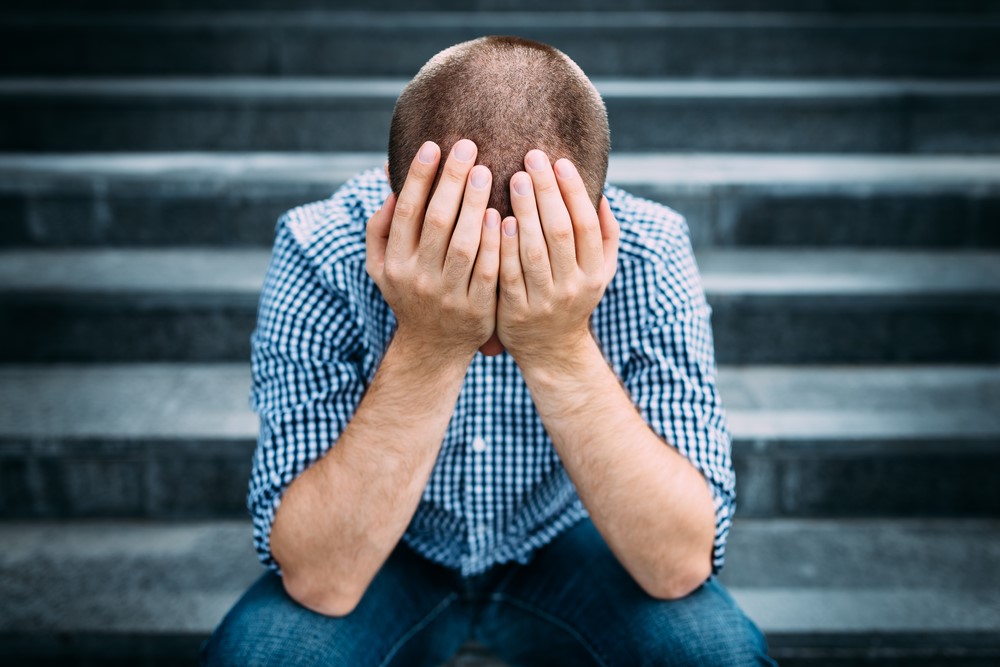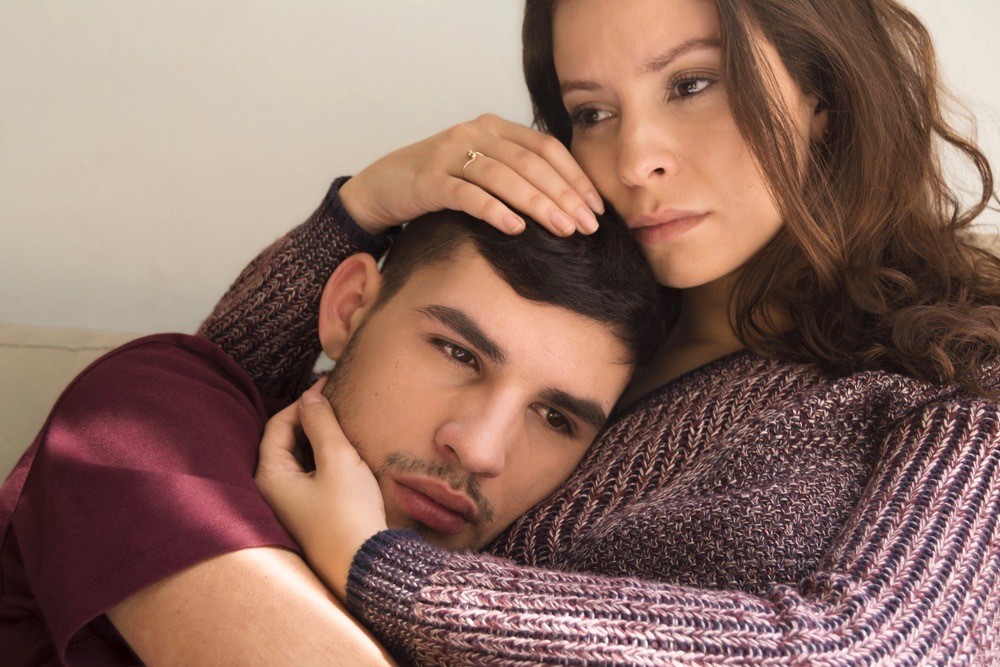The Wisdom of Crying

The issue of crying often comes up for many of my clients. So many feel a stigma associated with crying – even crying alone, crying with another, and especially crying in a public setting.
Somehow there is the erring belief that the human act of crying implies that we are weak. I challenge this belief. It could not be more false.
Crying is an important part of our mental health. Crying is not a sign of weakness. The truth is that when we cry we are simply showing our normal humanity. The ability to cry actually shows a certain strength of personality. It shows that you feel freer to express yourself and that you aren’t constantly living behind the “I’ve always got it together mask.”
Living behind that mask will only leave you emotionally isolated and alone. As a result, you wind up doing something that I refer to as “crying on the inside.” Often with the sad result, you feel isolated, alone, and lonely. Your pride may be intact, but the cost can be significant.
Research tells us that crying is (often although not always) an emotional response to an event. It’s true that our tears can flow simply as a function of cleansing our eyes. So yes, I might really mean it when I say my eyes are just watering! But the emotional expression of our tears can happen for many, many reasons. This, by the way, often happens at the most inopportune times. Our tears don’t occur on a schedule!
Why Do We Cry?
We might cry because we are happy and joyful, because we are sad or grieving, or because our feelings are hurt, or we are angry. No matter the root cause, crying is almost always associated with a strong emotion of some kind. If you have a child of toddler age or above, you know this to be acutely true.
It’s true that women cry more often than men, statistically speaking. Research from William Frey, Ph.D. found in the 1980s that women cry on average 5.3 times per month, while men come in at 1.3 times per month. More recent research supports these numbers.
We could pass this off as a biological difference, “Oh, men just don’t cry.” But I’m not sure this is the case. I think it’s so much more about how men and women are socialized and the messages we give to each about whether or not it is ok to cry. Maybe that’s why men often cover their faces in shame when they cry. Perhaps if we changed this societal belief, we would see an increase in men feeling safer crying whether in private or public – whether from joy or pain.
Sometimes, our crying has to do with an important element: how attached, sad, or safe we may feel in any given moment. Feeling confident with ourselves and safe with those around us can give us more freedom to let the tears flow. And as such, we may do it more often, maybe even in public, occasionally, without a second thought!
Conversely, if we have more of a “dismissive attachment style” (not feeling as connected to the world around us) we may not cry so much, even though the situation would totally warrant it. This is especially true for me, but this doesn’t mean that all men are not as attached or don’t feel as safe as women do.
Should We Cry?
Absolutely! Infants cry because that is their main form of communication. They let us know that they need support in some way – food, love, diaper change. As adults, we may cry to show our need for support too. Our tears can let a trusted person know that we are in need of support, caring, love, listening, or even affection. Crying in adulthood can also be a way to self-soothe.
Have you noticed that after a good cry, you feel better? Or heard your wife, friend, girlfriend, husband, or boyfriend ever say, “I just need a good cry”? There is something biochemically that happens when we release tears. The act of crying triggers the parasympathetic nervous system, which functions with processes related to rest and relaxation. This occurs in contrast to the stress ball that is the sympathetic nervous system, keeping us keyed up, on high alert, and ready to fight or fly.
What Do You Need When You’re Crying – What Do You NOT Need?
There are a few things to consider when thinking about what we need when we’re crying. There really is no right way to think about this other than to ask ourselves: “What do I need right now?” and just as importantly, “What don’t I need right now?”
Do You Trust Enough To Cry?
In our relationships, we all, men or women, need a certain level of trust. In learning we can trust another person, we feel safe enough to be emotionally vulnerable. This is an important milestone in any relationship.
Opening your heart enough to cry with someone demonstrates a level of trust and intimacy – even among friends. It’s a precious thing. How one person responds to another when they are faced with someone crying can be very indicative of the health of the relationship. The following two pictures say a great deal.
Questions To Ask Yourself:
- What has been my experience when crying with others?
- Did I feel safe crying with another?
- Who do I feel safe with? (Use this checklist to see who you might trust when feeling sad.)
- Was I accepted and comforted?
- Did I feel minimized?
- Did I feel blamed or shamed?
- Was I encouraged to feel whatever I was feeling?
- Did I feel better, about the same, or worse?
Don’t Keep Your Feelings Locked Away
In our fast-paced society, we move so quickly from thing to thing and place to place that we sometimes forget to process, on an emotional level, what is happening. Frustrations, irritations, and the like can creep up on us and instead of stopping with self-compassion and saying to ourselves, “Man, that was rough right there,” we press on to the next crisis or item on our to-do list.
Those feelings just sit there in our unconscious, waiting to burst out and get the attention they deserve. The price of keeping all of this inside is simply not worth it. In addition to feeling isolated and alone, we lose opportunities to connect more with others.
Celebrate!
Likewise, how often do we STOP and CELEBRATE the goodness around us? Don’t forget about those “tears of joy,” people! In our scurry to the next appointment or after-school activity, we forget to stop and be thankful for the sunshine, the smiles on your child’s face, or that easy meeting we had today.
Having that daily (or even hourly) gratitude can be a game changer emotionally and letting yourself have the FULL EXPRESSION of those feelings can be highly therapeutic.
Let’s make a point to feel our feelings, even if it brings tears to our eyes. There is much wisdom and so much to be gained by giving ourselves permission to feel more of our true authentic selves, and that certainly includes an honest and oh-so-human expression of our more vulnerable emotions.
I hope this article was helpful. If you have any questions that came up for you around this, feel free connect with me. I’d be more than happy to offer you a free 15-minute phone consultation to help you out in any way I can.



















The Core Foundations of Real Love and True Intimacy: Part 3 – Living Courageously | Gary Brown
[…] aren’t used to being vulnerable. You tend to hide your tears – even from people who clearly care about you….and you let them see […]